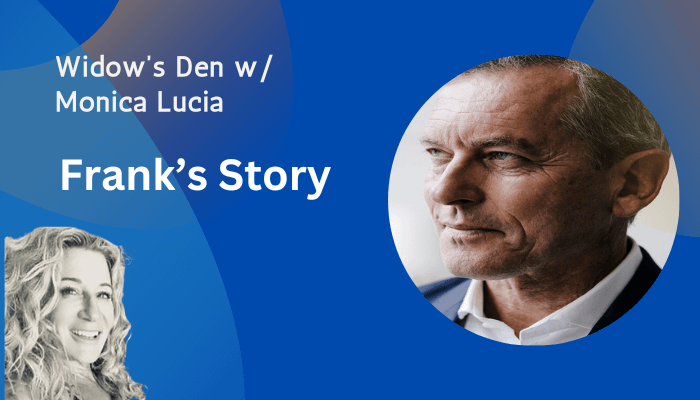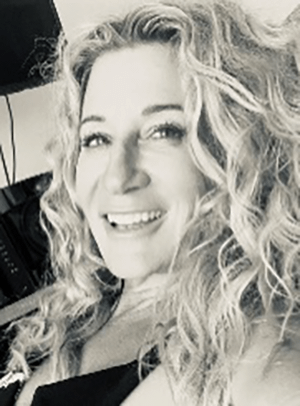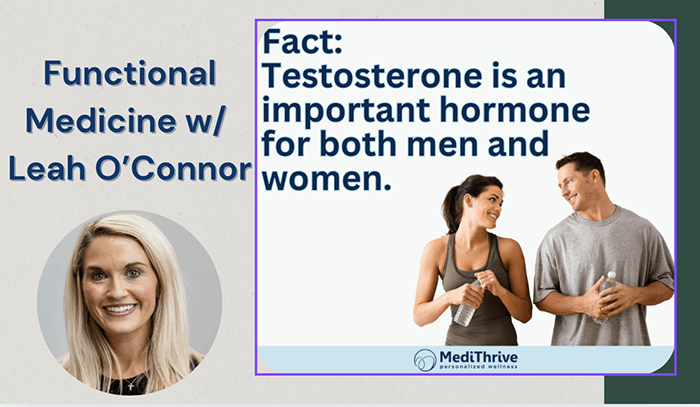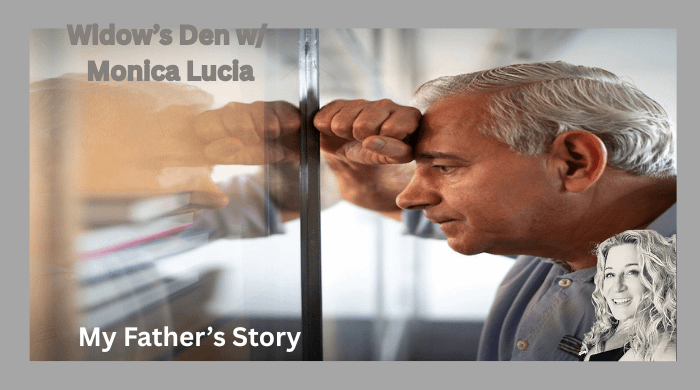Guide to Lake Norman Nightlife – January 29 – February 1, 2026
- Guide to Nightlife in Lake Norman

And then he died. I’ve never been the same since my brother died; there’s an emptiness in me that never goes away.
I’m sad at any given moment, and the only advice I can give people when they lose someone like that is that you won’t ever fully get over it, and the more you know that and embrace it, the better off you are. Don’t hide from the pain.
As a grief counselor, I have been given the tools to accept the loss and understand the 5 stages of grief. However, when that Cardinal lands in front of you, or you find a penny for no reason, those things don’t fall into the five stages of grief. They reach the stage of knowing and believing that your loved one is still with you.

Frank had always been known as the pillar of his community. People admired him for his strength, composure, and dedication to others. But beneath that stoic exterior, Frank carried a burden that few could see: the loss of his son. The pain was unbearable, and rather than sharing it, he locked it away, fearing that his emotions would be an imposition on others or weaken him.
As time passed, Frank’s ability to empathize and show compassion for others began to fade. His laughter grew hollow, and his affection for those closest to him was unemotional. When things didn’t go as planned, he withdrew into himself, becoming eerily calm and distant. If someone asked what was wrong, he dismissed them, calling them out to suggest he was struggling. It became easier to deny his anguish than confront it.
One day, the love of his life, Lynne, said to him. “Frank, something isn’t right.” You’ve been so distant. You can’t hide it from me anymore; talk to me.”
Initially, Frank lashed out, denying there was anything wrong. But as the words echoed in his mind, he finally admitted, “I’d rather not discuss my expectations, emotions, or anything.” If I need to talk to someone, I’ll let you know.
This admission offered a brief glimmer of hope to the person he loved, though the damage had already been steadily settling in. Over time, people stopped asking how he was. They saw the emptiness in his eyes and the coolness in his demeanor when asked. Outwardly, he was the life of the party. Frank believed he was doing more for others by suppressing his pain, but in truth, he was pushing away the one person who would stand by him through everything.
Then, one day, Lynne died suddenly of a massive heart attack. At first, Frank blamed her. “I cared. I did everything I could,” he told himself. I didn’t see the signs. She hid them from me. He later found out she was worrying about him all the time, though she started to act like him, hiding her pain and emotions. Ironically, she died of a broken heart before her heart gave out.
As time passed, he felt a familiar ache — the silence of her absence settled in; the loss that could never be filled was there again. The realization struck him: he had lost her not because he didn’t care but because he couldn’t allow her to share her pain.
Frank was now left with the weight of two losses, each more profound than the other. This time, there was no hiding from the pain.
In the stillness of his solitude, Frank finally allowed himself to grieve. He sought therapy and support groups, gradually learning to express his emotions. Through his vulnerability, he began to reconnect with those around him, honoring the memories of those he had lost. Though the pain never entirely faded, Frank found a way to carry it with compassion and grace, slowly mending the emotional bridges he had once burned and allowing himself to be honest in every way. Frank started a self-help group in honor of those he had lost.

Hiding the pain of loss has lasting effects on the entire family and friends; grieving is a process that allows you to take steps to honor, cherish, and feel your loved one’s loss. If you internalize it, it will eventually come out in different ways.

Monica Lucia is the Author of The Final Chapter and a passionate advocate for those navigating grief and loss. She is the Founder of Widow’s Den and Sisterhood of LKN, dedicated to supporting families In addition to her writing and community-building work, Monica is the Grief and Bereavement Counselor at Raymer-Kepner Funeral Home, Huntersville and Denver.

Monica Lucia is the Author of The Final Chapter and a passionate advocate for those navigating grief and loss. She is the Founder of Widow’s Den and Sisterhood of LKN, dedicated to supporting families In addition to her writing and community-building work, Monica is the Grief and Bereavement Counselor at Raymer-Kepner Funeral Home, Huntersville and Denver.


